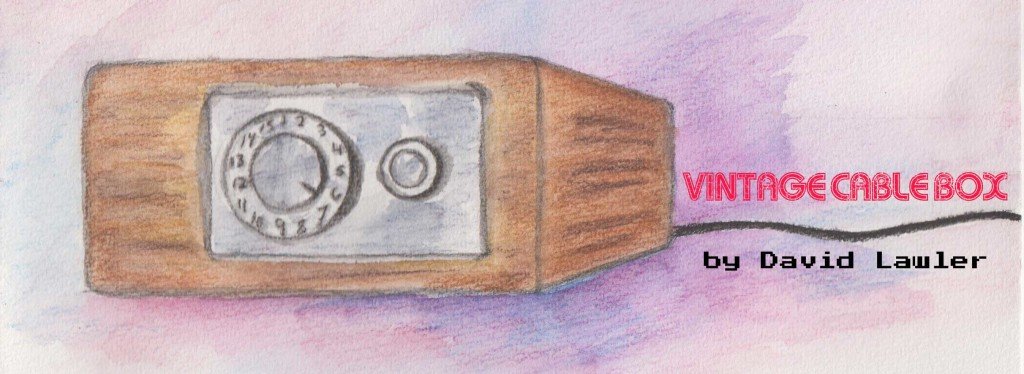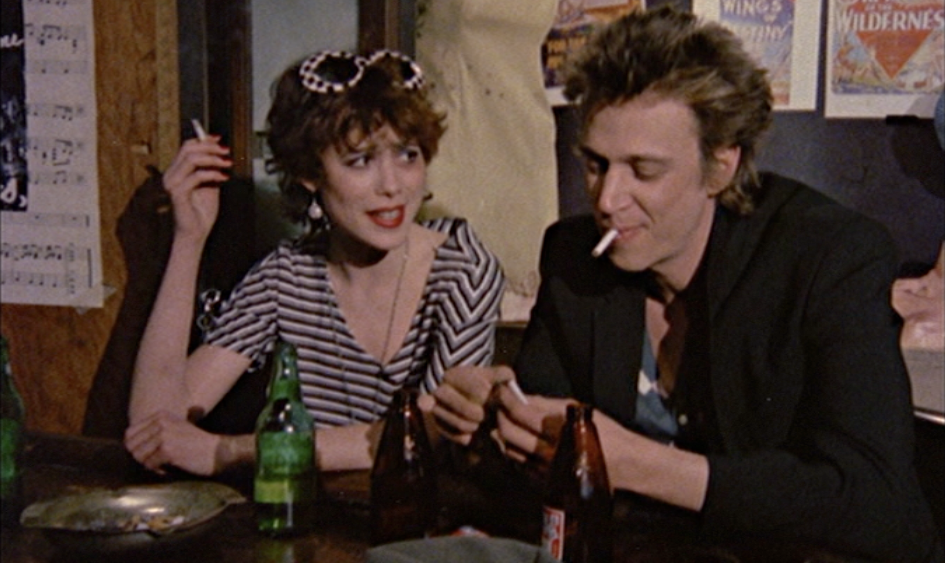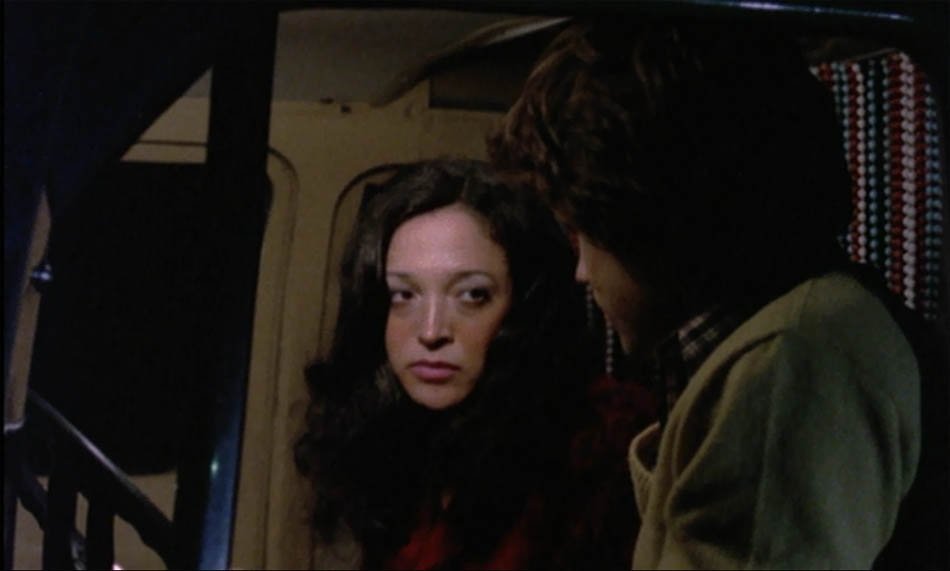“Smithereens, 1982”

“Please don’t do anything weird to me!”

Smithereens, 1982 (Susan Berman), New Line Cinema
Smithereens, in the opening shots, reminds me of early Martin Scorsese. Substitute angry Italians for good-looking punks. One such lady punk, Wren (Susan Berman) catches a young man’s eye on a New York City subway train. The young man, Paul (Brad Rijn), follows her all around town as she puts up flyers promoting herself. What she does is anybody’s guess. I assumed she was somehow involved in music. The Peppermint Lounge is rocking this night, and she bluffs her way inside to chat up musicians. These are real locations. You can tell from the lighting. In fact, it looks like the filmmakers snuck their camera in there and stole shots. Paul makes a date with Wren, but all she cares about is putting her name out there and promoting herself. Paul sleeps in a van. You might say he’s “experiencing homelessness,” but he isn’t. He’s actually well off and bumming his way around. He takes Wren to a bizarre horror movie, which seems to have been constructed specifically for this movie.
I love this New York. It’s populated with young punks hard-up for cash. Paul wants some kind of a relationship with the crazy punk chick, but she flirts with other guys, namely Eric (Richard Hell), intent on furthering her ambitions. Eric was previously affiliated with a marginally successful band called Smithereens, which had one record released in the ’70s. Eric doesn’t seem to have saved his money, and he comes off crazy-shady. She spends the night with Eric, returns home to find her apartment door padlocked by the landlady. She hasn’t paid the rent in four months. The landlady tosses Wren’s clothes out the window. She looks up Paul (whom she ditched the previous night), but he’s angry with her. She appeals to him and manipulates him. Together, they break into her apartment (wearing stockings on their heads) and grab some of her stuff, including her little television set.

This isn’t a conventional romance. The dialogue is real. You feel like you know these people, or you have known people like this. That’s not necessarily a good thing. The movie is unrelentingly bleak for being so real. New York City is only a brief lay-over for Paul. He’s on his way to New Hampshire, and Wren needs a benefactor in the worst way. Her family’s no good to her, and Paul is all she has. One night, while waiting for Wren in his van, he strikes up a sweet and interesting conversation with a kindly prostitute, who shares part of her chicken salad sandwich with him and keeps soliciting him as she does so. This goes right to the heart of the movie’s premise; New Yorkers are lonely people just looking to sit down and connect with other people.

Wren’s an interesting if frustrating character. She’s a sponge to everybody she knows. She uses and abuses people all in an effort to promote herself (and we’re still not quite sure what it is she does) or her “brand.” Paul is the only person in her world who treats her with respect, and she dumps on him consistently. I get that she wants to remain independent, but her behavior borders of self-destructive. She’s a Holly Golightly for the punk set. Paul wants her to go to New Hampshire with him. She never takes him up on the offer. You really want to smack her upside her face for all the bad decisions she makes in the movie. Director Susan Seidelman would go on to direct Desperately Seeking Susan, another quintessential ’80s movie about New York City’s labyrinthine underbelly.
Special Thanks to my pal, Andrew La Ganke for suggesting this title.
Our first cable box was a non-descript metal contraption with a rotary dial and unlimited potential (with no brand name – weird). We flipped it on, and the first thing we noticed was that the reception was crystal-clear; no ghosting, no snow, no fuzzy images. We had the premium package: HBO, Cinemax, The Movie Channel, MTV, Nickelodeon, CNN, The Disney Channel, and the local network affiliates. About $25-$30 a month. Each week (and sometimes twice a week!), “Vintage Cable Box” explores the wonderful world of premium Cable TV of the early eighties.

